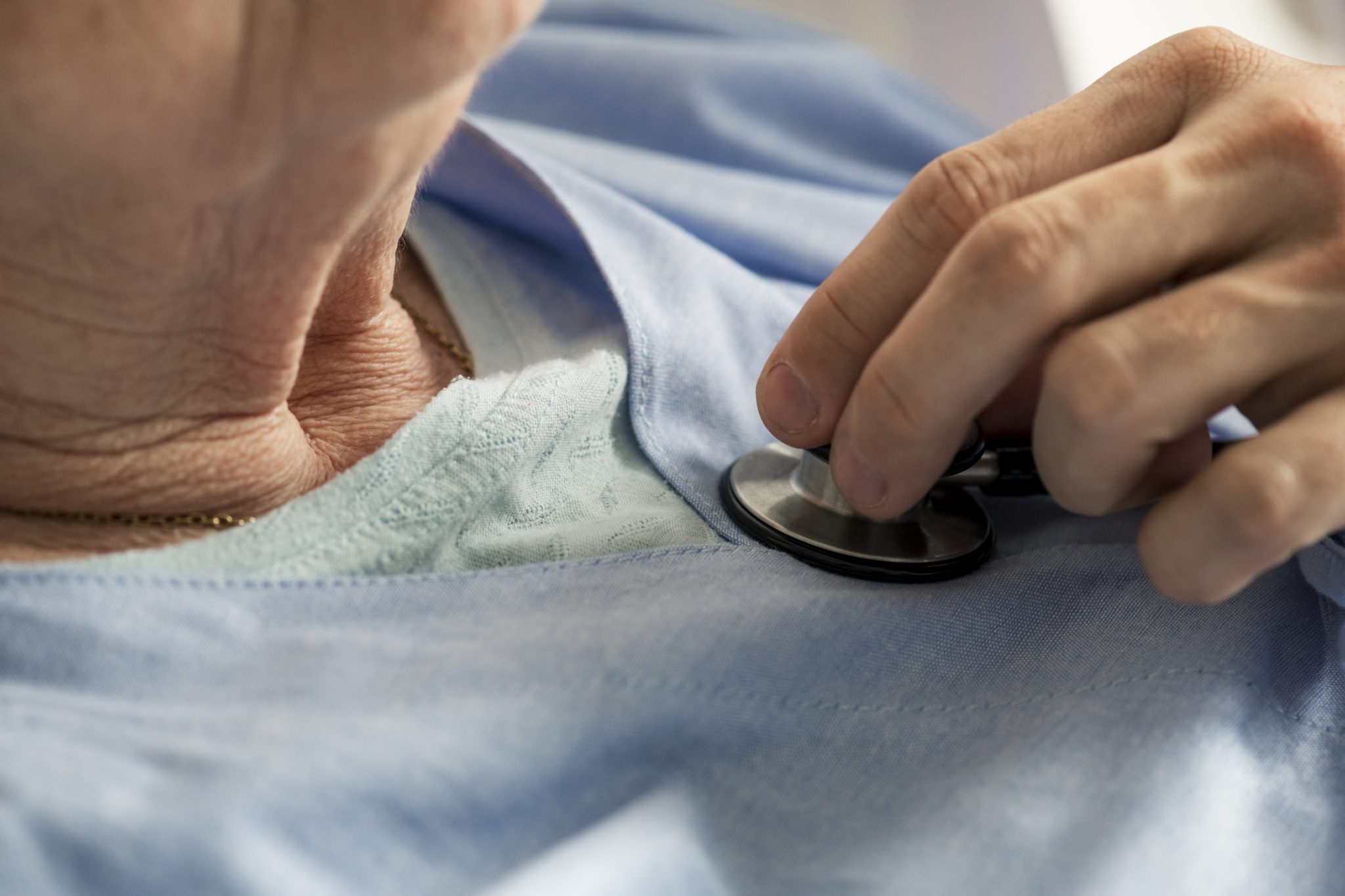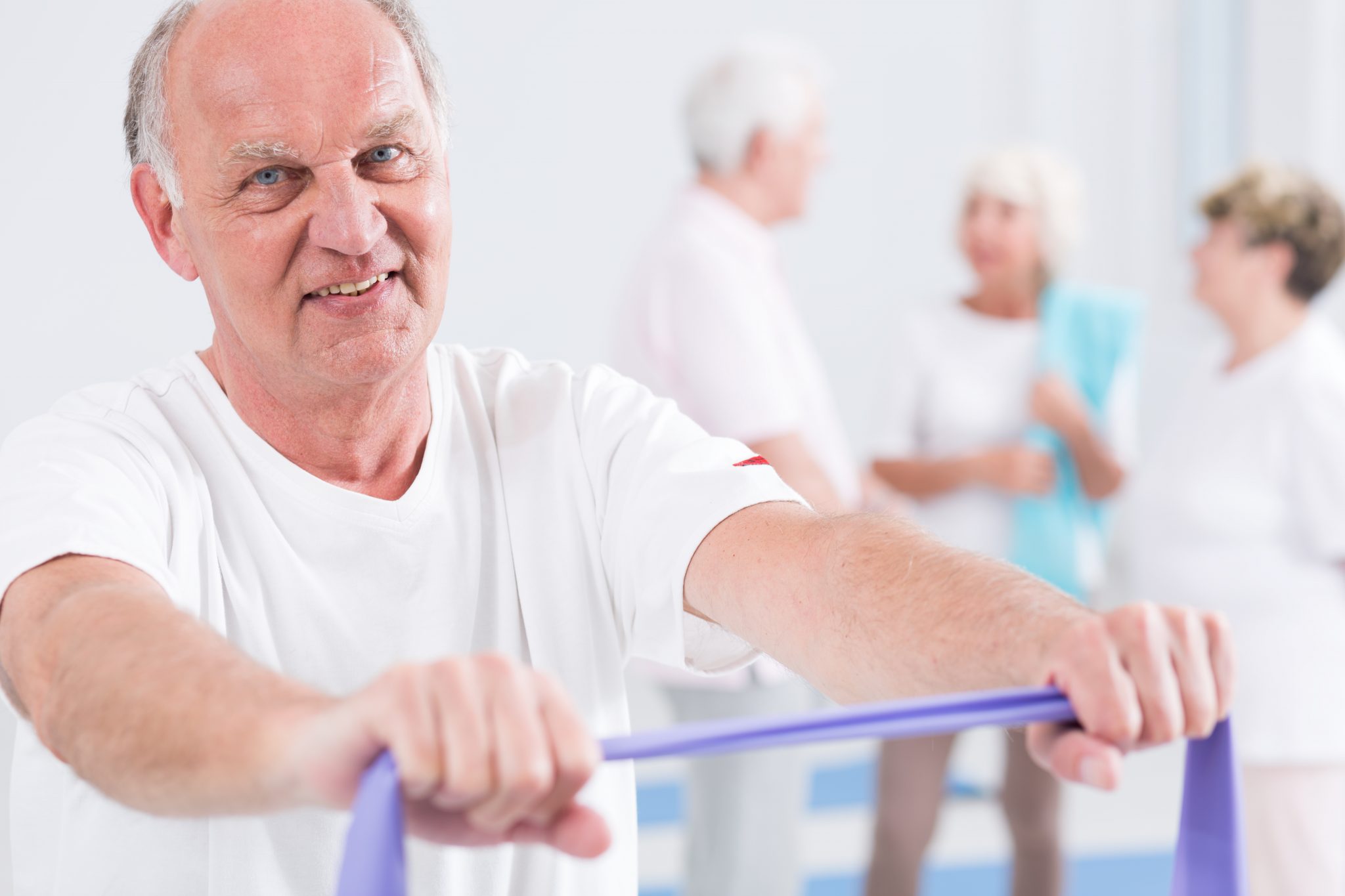Hot weather and heart health: 4 facts you never knew
When summer arrives, all the necessary precautions must be taken to avoid distress on the heart. For people with cardiovascular problems, long summer days can be very harmful. The heart is a fist-sized muscle that pumps blood throughout the whole body.
Moreover, when the temperature rises extremely, it can even affect healthy individuals. Due to this very reason, everyone should look out for themselves. Remember, your heart health is an essential organ!
Also, if a baby or child has congenital heart disease, exposure to too much heat must be avoided.
In extreme cases, the proteins that run many of the essential processes in your body can become unresponsive. Extra heat is released by the body, which can put pressure on the heart.
You might have heard about athletes collapsing during workout sessions in the summer. When the air temperature becomes equal to the body temperature, it becomes hard for the blood vessels near the surface of the skin to relax.
Here are four facts related to heart health and hot weather that you probably never heard before.
• Heat strokes
For people with heart disease, there is a higher risk of them having a heat stroke compared to others. It becomes difficult for the heart to pump blood in high temperatures during summer. Plus, the heart also has to assist the process of sweating.
During the process of perspiration, sweat glands have to release fluids that then evaporate from the skin surface. This happens in order to cool down the body’s temperature and bring it back to normal. However, if the body cannot cool itself properly, the strain on the heart increases.
People might get into trouble since sodium and potassium are lost, and also there is a flood of stress hormones. This increases the amount of burden on the heart. Increased blood flow to the skin lowers blood pressure and causes dizziness.
If a heat stroke takes place, it can be fatal. It might begin with hot, dry skin, which is not perspiring. The pulse may increase, and the person will feel dizzy and weak. As a result, nausea or vomiting occurs. Heat exhaustion is also a form of sickness that leads to heat stroke.
If these symptoms are experienced, cool water must be applied to the skin in order to cause the body to lose heat. Cool but not cold water can be taken to stop heat exhaustion to stop the condition before it worsens.
• Children and the elderly are at the highest risks during hot weather
We might think that in most situations, elderly people are at risk, but the same goes for very young children. This is because it is hard for their heart and bodies to regulate temperature during extreme conditions.
Due to these reasons, it is integral to always keep cool water and avoid outdoor activities, especially during the long months of summer. Heat cramps refer to the painful tightening of the muscles in the arms, legs, and stomach.
Remember to keep a check on your relatives and children if your family decides to go out during the summer. Everyone should wear sunblock because you do not want a sunburn. Plus, older people might even have a hard time dealing with humidity. This can make the situation much worse.
Exercise is always good, but parents should discourage younger children from exposing themselves to too much heat. Carry light snacks such as salads or fruits. This, if not followed, can be harmful. Plus, loose-fitting and porous cotton clothing should be worn. Do not forget that you’d rather be safe than sorry!
• Heart medications make you more susceptible to heat
It must also be remembered, that while planning out exercise routines, Heart medications include diuretics and beta blockers. If you use a GTN spray to keep your angina under control, extra care should be taken if the weather is hot.
GTN spray causes your blood vessels to dilate. Blood pressure can drop quickly, and the person will faint. Diuretics reduce the amount of water in the bloodstream. It is prescribed for most heart conditions. Also, the same goes for beta blockers.
Beta blockers slow down the heartbeat. Hence, blood is not circulated fast enough around the body. Heat regulation is hence interrupted. Diuretics also make dehydration worse by increasing urine output. Antihistamines and antidepressants also block sweating.
Alzheimer’s disease and Parkinsons’ disease also dull the brain’s reaction to dehydration. Thirst signals may not be sent.
If you have been prescribed this sort of medication, your ability to cool off in the heat will be heavily restricted. The physician must be asked about safe levels of water to be taken during the heat. The number of days you plan to stay outside should also be lessened.
• Lifestyle can make a big difference
On unexpectedly extremely hot and humid days, your fitness level might make some difference. A healthy lifestyle also means a healthy heart. Try to consume less caffeine, sugary sodas, alcohol, and synthetic fruit juices.
Caffeinated beverages and alcoholic drinks amplify dehydration. Patients with heart failure should definitely consult with their doctors concerning the amount of liquid they decide to take. When solar rays pose the strongest rays, those hours you can stay inside. It will make a lot of difference.
Having fruits and vegetables is better than excessively salty and food high in fats any day! These contain useful minerals and also water. Exercise should be done at a time and places that’s more convenient. Try indoor gymnasiums if you can! Even a pool is a good idea. These facilities are air-conditioned.
Sports drinks also contain electrolytes. Hence, the body’s natural electrical system that governs the heartbeat keeps on working efficiently. Hydration is also maintained within the body.
Lightweight fabrics allow heat to escape, whereas heavyweight fabrics trap heat. Light hues also reflect heat, unlike dark shades that absorb heat and prevent the body from cooling. Hence, sweating processes take place in a more effective manner.
We hope that these four facts made you learn something about heart health and hot weather.





